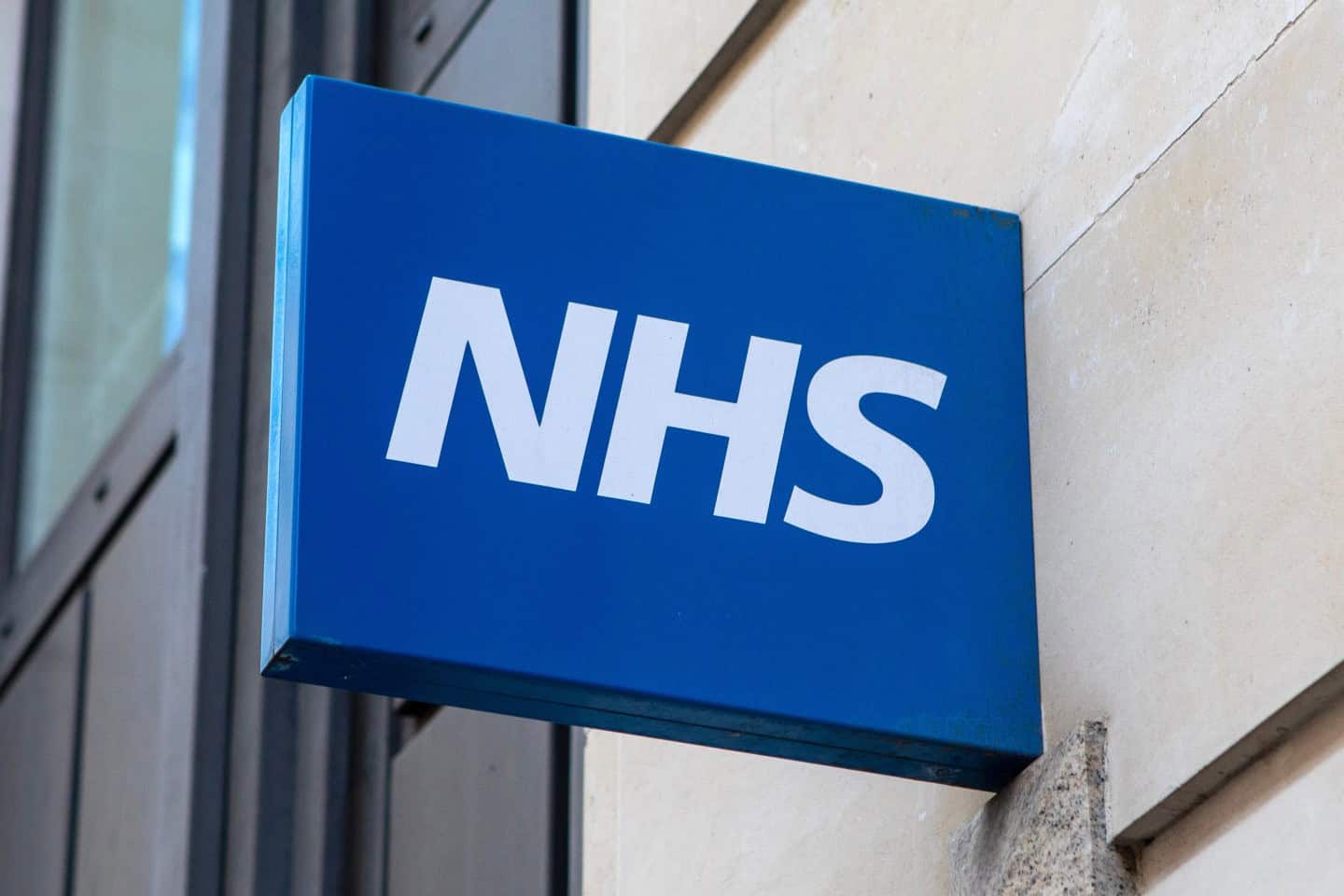
BBK Manifesto: Treat whistleblowers in the NHS fairly
The Government must protect whistleblowers and listen to the concerns they raise. Better reporting from staff within the NHS will help improve the service for all.
The NHS had over 25,000 whistleblowers come forward in the last year, reporting wrongdoing or criminal behaviour about issues such as bullying, patient safety, abuse and medical negligence.
Whilst there have been attempts to encourage whistleblowers in the NHS, many still pay a heavy price for coming forward. This in turn discourages others from speaking up.
A consultant who worked at the Countess of Chester Hospital flagged his concerns about the convicted child serial killer, Lucy Letby, with hospital managers, only to be put in mediation by those managers twice, once on what he said were fairly minor grounds and on the second occasion, with Lucy Letby herself.
He said he felt this was a way of delaying action and an investigation into his concerns.
If senior members of staff, including consultants, are struggling to be heard and taken seriously and in some cases, are being treated badly when they report concerns to managers, how can more junior NHS staff be expected to have the confidence to speak out about substandard care?
It is only by creating a culture where people can report problems as they see them without fear of recrimination, that patient care and safety standards will improve.
A Telegraph article published on 15 May 2024 focused on the existing prevalent culture of vilifying whistleblowers. The article interviewed more than 50 doctors and nurses that told the Telegraph they had been targeted following complaints they raised about patient deaths and poor care.
Rather than take action on the complaints many doctors described being bullied out of the profession by managers hiring lawyers and private eyes to investigate them. These doctors were interviewed from 42 different trusts across the country. It is a nationwide problem and one consultant described it as “the biggest scandal within our country”.
We have represented clients harmed by several rogue surgeons, including Dr Roger Bainton, Consultant Oral and Maxillofacial Surgeon who was based at University Hospital of North Staffordshire. It was not until legal action was taken by an affected patient that Dr Bainton was suspended.
Given there were other affected patients, the poor standard of care being provided by Dr Bainton would not have been a secret. Yet, the culture of cover up in the NHS means patients often have to rely on legal routes of redress rather than these doctors being reported at an earlier juncture by their colleagues, limiting the harm they could cause.
The Protection for Whistleblowing Bill was introduced in Parliament in June 2022 to replace the Public Interest Disclosure Act (PIDA), however it did not make it past the 2nd reading. This Bill, if it had been introduced, would offer protections including the establishing of an independent Office of the Whistleblower and would also create new offences regarding the treatment of whistleblowers and the handling of their cases. Whilst there are some protections for whistleblowers it is clear there is a need for the legislation to be updated.
As serious injury specialists we understand the devastating impact of medical negligence. Creating a safe environment for whistleblowing in the NHS will improve patient safety by identifying these issues before further (avoidable) harm is caused to patients.
This blog is part of our #ChampioningChange Campaign, specifically, Bolt Burdon Kemp LLP’s 2024 Manifesto for Injured People. In this campaign we call for politicians and candidates to prioritise injured people as they go into the 2024 General Election. This work is informed by our clients’ experiences and our partnerships with charities which support our clients and others like them. If you would like to read more about our full manifesto you can do so here.










